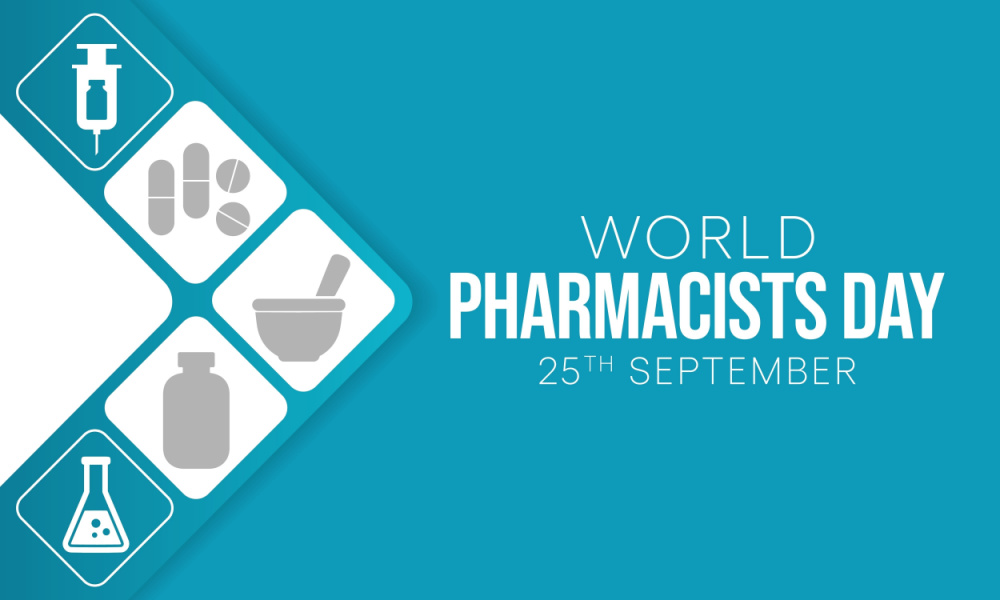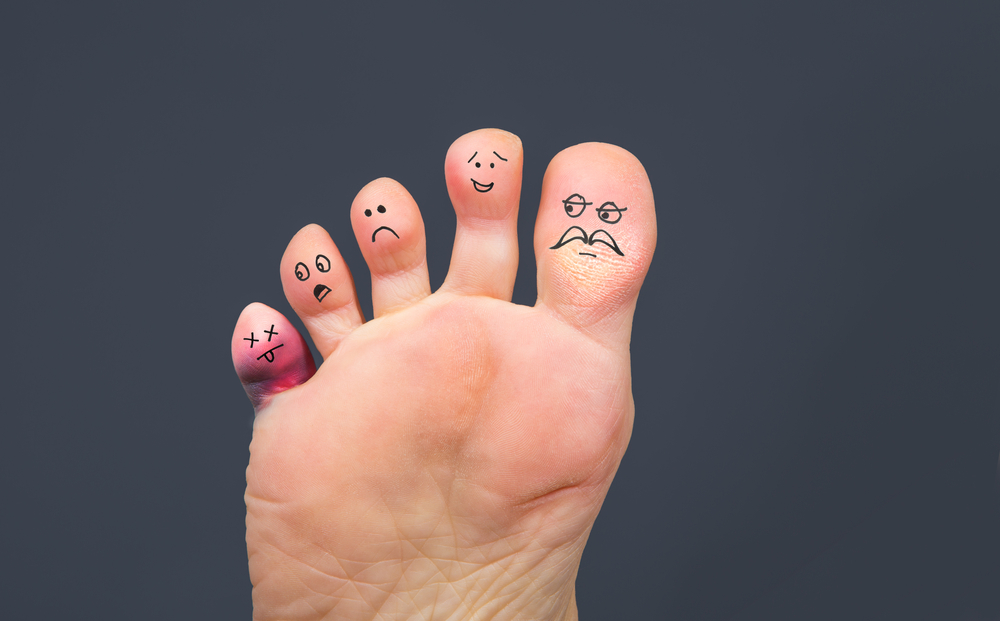WORDS LIM TECK CHOON
 FEATURED EXPERT FEATURED EXPERTASSOCIATE PROFESSOR DR WONG PEI SE School of Pharmacy International Medical University (IMU) |
This year, the theme of the World Pharmacists’ Day is Pharmacy strengthening health systems. In light of this, we’re pleased to have Dr Wong Pei Se joining us to share her thoughts on the role of community pharmacists in our healthcare system.
MALAYSIANS ARE CONSULTING PHARMACISTS MORE THEN EVER
In 2015, the National Survey on the Use of Medicines (NSUM) found that only 5% of the respondents would consult a pharmacist on health problems.
Just 6 years later, in 2021, it was reported that Malaysians on average visited community pharmacies 31 times a year. This is comparable to the average in developed countries such as Australia, the US, and the UK!
This could be spurred by the growing awareness of the role of a pharmacist as a result of the COVID-19 pandemic. That was when people began to rely more on their pharmacist for information and guidance on the use of medications, sanitizers, masks, and more to stay safe and healthy during the pandemic.
Even then, many Malaysians may still overlook how the pharmacist behind the counter can be a reliable first stop for medical and general health advice, beyond the scope of the pandemic.
GUIDANCE & EDUCATION ON GENERAL MINOR AILMENTS
“Community pharmacists can help manage minor ailments, give advice and help to educate the public on different aspects of ailments and treatments available,” says Dr Wong Pei Se.
She adds, “Pharmacists are also able to guide customers onto the right medical path – when you are not sure whether you need to see a doctor, or even which doctor you need to see.”
THE BIGGEST ROLE OF A PHARMACIST
No, it’s not to sell medications and over-the-counter products!
The biggest role a pharmacist can play in their community is to support healthy living and self-care in that particular community. They are in an optimal position to help members of the community prevent or reduce their risk of illnesses as well as to stay healthy through basic health advice on exercise regimes, good nutrition, and health supplements.
Dr Wong explains further: “We want to intervene before people get a heart attack, before a stroke, before diabetes leads to kidney problems. These are things that we can manage at the community level so that people don’t end up going to the hospital.”
To that end, many pharmacies provide screening and monitoring services for blood pressure, sugar and cholesterol levels.
Although there are many devices that can be used at home, this service is an alternative for those who are not willing to invest in a device or who are just not comfortable self-administering these tests.
The availability of these services is convenient for people that are unable or unwilling to make a trip to a hospital or clinic.
People also don’t have to delay their monitoring for months as they wait for their follow-up appointments at a clinic or hospital.
CONVENIENCE & ACCESS
Ultimately, people find pharmacies easily accessible and hence very convenient. After all, as Dr Wong shares, there were over 3,000 pharmacies in Malaysia—you can find 1 every 5 to 10 km in urban areas.
Furthermore, there is hardly any need to for registrations or making an appointment in advance.
“The consultation is free when you just need to ask a few questions, or if you are unsure of the medical severity of your condition; these are factors that make a big difference,” says Dr Wong.
As an example, Dr Wong brings up that many people with skin problems such as acne are more likely to visit a pharmacy first. In such a situation, the pharmacist can guide these people through the many options of skincare available and also advise them to visit a doctor if the situation warranted it.
“Pharmacists have become a very accessible primary care service provider,” says Dr Wong. “When clinics are overcrowded and when there is an unexpected burden on the system, pharmacies can help to optimize a healthcare system.”
SO, WHAT’S IN THE FUTURE FOR PHARMACISTS IN MALAYSIA?
In the past few years, digital platforms have been pushed to the fore by the pandemic and pharmacies have not been left out of this technological leap.
“During the lockdowns, pharmacies started doing deliveries and digital health platforms became a very common communication method,” says Dr Wong.
During the pandemic, it was common for long-time customers of a pharmacy to send messages over WhatsApp to ask for advice as well as to place orders products ahead of time for convenient pick-ups or deliveries. This trend continues beyond COVID-19 and has contributed further to the convenience of the consumer.
On a bigger scale, personalized medicine and pharmacogenomics are trends that are moving the industry forward.
Personalized medicine allows for a patient’s treatment to be tailored to their unique genetic makeup, lifestyles and health conditions. Therefore, such treatment is optimized to be most effective and appropriate for them as each individual.
Pharmacogenomics looks into how one’s individual genetics affect the effectiveness of medicine. “It studies how our different genetics will affect how and when you should take a particular medicine, how it is absorbed into your body, how it interacts with your body, the side effects that you may have,” explains Dr Wong.
However, pharmacogenomics is not something that can be done across the board, as pharmacogenomic tests are costly and are available only for certain treatments, for example cancer.
CHALLENGES IN THE WAY INTO THE FUTURE
The perception of certain members of the public can be a significant hurdle that pharmacists will need to overcome.
“The pharmacy is seen as a business. There is a perception that pharmacists only want to sell their products: People feel that the more I talk to you, the more you will want to sell me things,” Dr Wong explains as a reason as to why some people still remain reluctant to engage a pharmacist.
Privacy is also a big issue. Unlike at the clinic, a pharmacy doesn’t have private consultation rooms. This could hinder people from asking more personal issues. “If you have a very private question and you see ten people ahead of you, you probably wouldn’t want to ask it,” muses Dr Wong.
Nonetheless, Dr Wong reiterates that the community pharmacist still holds a unique position of being part of the community. Being privy to certain lifestyles and habits of the neighbourhood, the pharmacist has unique insight on the community as well as the opportunity to build relationships and walk together with their customers not just through sickness, but in health.







